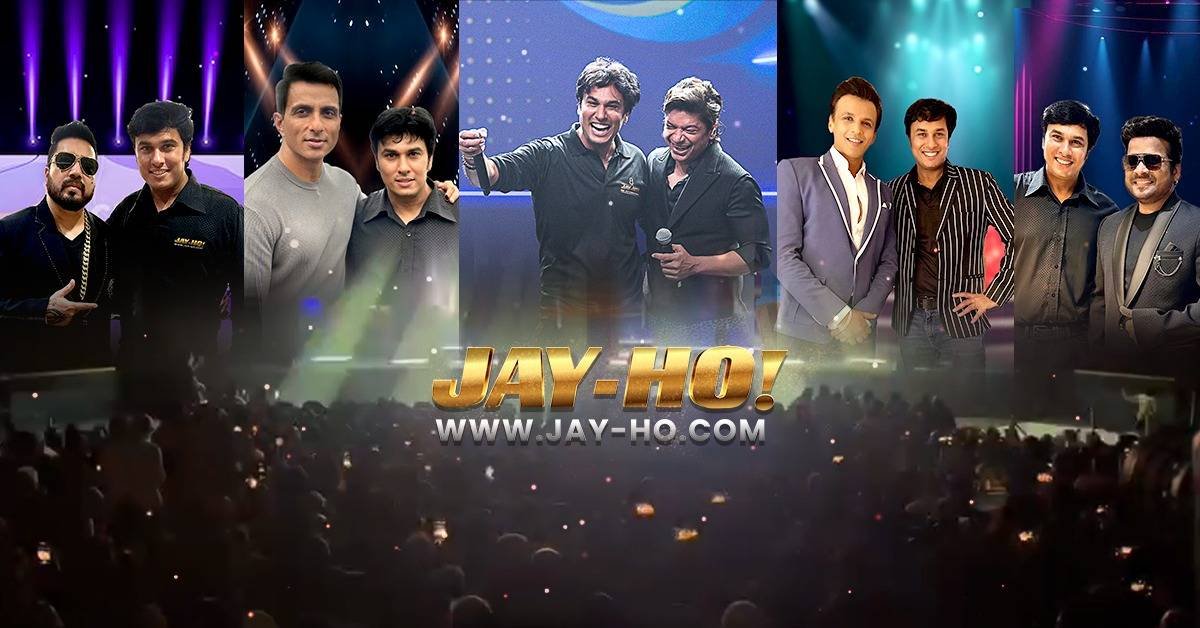In a recent outburst, Saurabh Jain Suman expressed his outrage towards the film ‘Adipurush,’ leaving no room for ambiguity. He pointedly criticized the dialogue writer, Manoj Muntashir, for cosmetic and supericial changes to the dialogue while also acknowledging appropriately Manoj’s apology, but qualifying it with the statement that it is not enough.
Saurabh raised concerns about various aspects of the film, such as the inappropriate attire given to Mata Janaki, the application of a Turkic beard to Lord Hanuman without a moustache, the distorted appearance of Ravana as a Mahashiv devotee, the depiction of Dashanan’s aircraft with bats instead of the traditional Pushpak Viman, and the portrayal of golden Lanka in black color. He questioned the impact of such choices on what we see and show to our children.
Read Also: When Success Breeds Envy: A Conversation With Anamika And Saurabh On Coping With Jealousy
Continuing his opposition to ‘Adipurush,’ Saurabh Suman urged people to refrain from supporting the film, emphasizing that playing with the principles of Sanatan Dharma is unacceptable. He asserted that those who engage in such practices will always face strong opposition.
Since its release on June 16, ‘Adipurush’ has garnered widespread attention for all the wrong reasons. The film has faced substantial backlash throughout the nation, failing to live up to the expectations of moviegoers. Criticisms range from subpar visual effects to questionable dialogues, with many voicing concerns about the film’s lack of authenticity and inaccurate portrayal of facts.
Directed by Om Raut and produced by T-Series and Retrophiles, ‘Adipurush’ is a mythological action film that simultaneously explores Hindi and Telugu languages. The movie features a star-studded cast including Prabhas, Saif Ali Khan, Kriti Sanon, Sunny Singh, and Devdatta Nage.
As the controversy surrounding ‘Adipurush’ continues to escalate, it remains to be seen how the filmmakers and those involved respond to the widespread criticisms. The audience’s verdict and their stance on the accurate representation of Sanatan Dharma will undoubtedly shape the future of mythological adaptations in Indian cinema.























